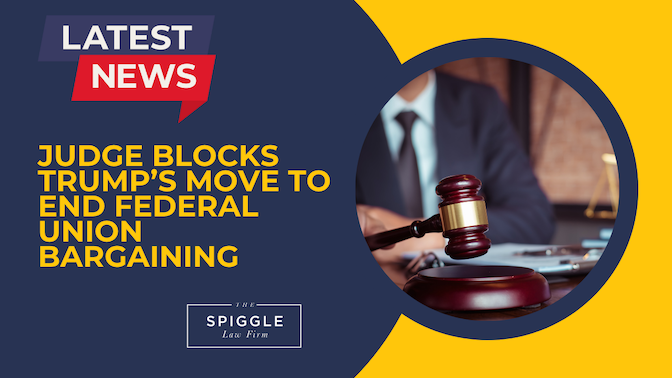Understanding the complexities of Virginia severance agreements is crucial for anyone navigating a job transition. While many believe these agreements primarily benefit the departing employee, they also offer several protections to the employer. They can provide a financial cushion and ease the transition for employees while offering employers insurance against future disputes. However, these agreements often entail waiving certain rights, which might not always be in the employee’s best interest. Consulting with an attorney specializing in severance agreements is essential before signing.
An experienced attorney can review the terms, such as non-compete and non-disparagement, ensuring they align with your interests. At The Spiggle Law Firm, our attorneys are dedicated to helping you protect your rights during lay-offs and other job transitions. We understand how challenging these times can be and will offer you unwavering support throughout the legal process. Our attorneys will review every detail of your severance package to ensure you can make the best decisions possible for your future.
5 Essential Terms in Virginia Severance Agreements
Before signing your severance agreement, it is essential to review all of the terms so you understand what you are agreeing to. A few critical terms to be aware of include the following:
Non-Compete Clauses
These clauses are typically designed to prohibit a former employee from working for a competitor for a specific period of time. While common, these clauses must meet specific requirements to be enforceable under Virginia law. Your attorney can review your agreement to ensure the non-compete clause is fair and reasonable.
Non-Disparagement Clauses
A non-disparagement clause forbids former employees from making harmful or disparaging comments about their former employer. Often, these rules also extend to the company’s employees, products, and services.
Confidentiality Agreements
Confidentiality agreements are a standard part of most employment contracts but may also be found in severance agreements. These agreements prohibit former employees from sharing important details about the company, such as trade secrets or client information, with third parties. Some agreements may even forbid individuals to speak out against harassment in the workplace. Your attorney can analyze this agreement to ensure signing it aligns with your best interests.
Covenants Not to Sue
In these liability waivers, the former employee agrees not to sue their former employer for anything that happened during the course of their employment, including harassment, wrongful termination, and Family Medical Leave Act (FMLA) violations.
Severance Pay
This is the most common employee-friendly provision in severance agreements, and it offers former employees a lump sum as part of their departure from the company. There are several ways this amount can be calculated. However, it is typically based on the length of your employment.
Discuss Your Case with a Seasoned Employment Attorney at The Spiggle Law Firm
In navigating the complexities of Virginia severance agreements, the guidance of a knowledgeable attorney can be invaluable. At The Spiggle Law Firm, we are dedicated to ensuring your rights are protected and your interests are upheld in these crucial agreements. Our Virginia severance agreements lawyers offer a tailored, compassionate approach to each case, providing the experienced assistance you need during this significant career transition. With a strong track record of advocating for our clients, we are here to help you secure the best possible terms in your severance agreement.
For a detailed discussion on how we can assist you, contact us for a free case review. Call us at (202) 449-8527 or complete our online contact form to get started.





